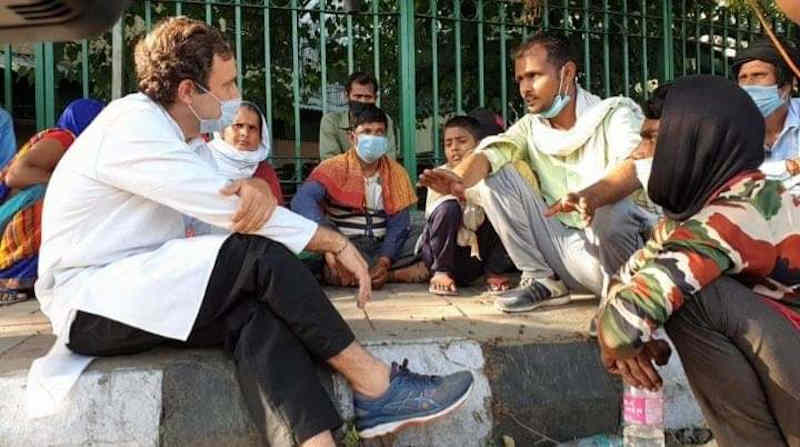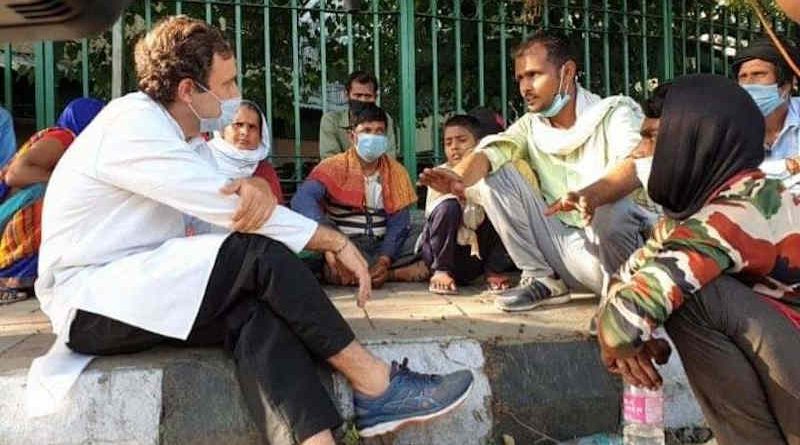ILO Warns of Covid-19 Migrant Crisis within a Health Crisis

Tens of millions of migrant workers, forced to return home because of the Covid-19 pandemic after losing their jobs, face unemployment and poverty in their home countries, the International Labour Organization (ILO) has warned.
As containment measures ease, millions of migrant workers may be required to return home to low and middle income countries where labour markets, which were fragile before the Covid-19 outbreak, are now further weakened by the additional strain of high levels of unemployment and serious business disruptions due to the pandemic. In addition, their families will suffer financially from the loss of the remittances normally sent to them.
Meanwhile, other migrant workers have found themselves stranded in host countries without access to social protection and little money for food or accommodation. Even those with jobs may be taking reduced wages and living in cramped worksite residences where social distancing is impossible, putting them at greater risk of contracting the virus.
While many migrant workers, particularly women, are doing essential jobs for their host societies during the pandemic, particularly in the care or agriculture sectors, those in other sectors have lost their jobs or have continued to work informally.
It is estimated there are 164 million migrant workers worldwide, nearly half of them women, comprising 4.7 per cent of the global labour force. While not all of these workers will return home – after losing their jobs or for other reasons – informal ILO research in more than 20 countries indicates that many millions are expected to do so.
A package of ILO briefing and policy documents focusing on the effects of the Covid-19 pandemic on workers who are migrants, refugees, or forcibly displaced persons, draws attention to the potentially serious social and economic impact if returns occur over a short period of time and if migrants are not included in social protection measures or given help to reintegrate into national labour markets.
The ILO publications include assessments of the impact of Covid-19 on migrant workers in Jordan, Lebanon and the ASEAN region, on seasonal workers’ schemes, and on refugee workers and other displaced persons.






